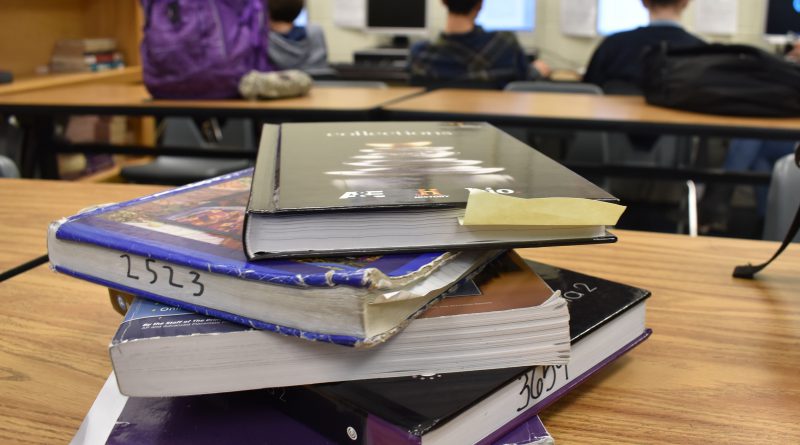Excess amounts of homework cause stress in already stressed students
Doctors around the world combat diseases that cannot be cured. These diseases kill many around the world with no end in sight. But billions across the world suffer from an entirely different incurable disease: stress. This disease is more widespread than the common cold. Every person in the world has experienced and suffered stress and has felt the pressure placed on them from society. Students, in particular, struggle with such burdens; they suffer from the expectation to succeed or the countless assignments given by their teachers.
There are numerous reasons why a student suffers from stress: between balancing family time, extracurricular activities, or a job. But that’s not all: students are also required to study for any tests and quizzes their teachers may throw their way. When you add homework, you only pile on more work and stress for students to handle. Many crumble under this pressure.
But how can we make sure that students are not overly burdened with such an unnecessary amount of homework?
The problem can be solved by lowering the required amount of work.
Although homework is used to help students practice and further advance their learning, studies have shown that homework is not beneficial, and possibly even detrimental to a youth’s education.
Throughout these years in public education, this writer has suffered at the hands of homework. Based on these past experiences, homework doesn’t help. Nothing new is learned while doing such tedious menial labor.
Oftentimes, students find themselves not knowing the answer to a problem and wishing their teachers were there to help them. School work is hard enough even with a teacher explaining it to you; there is no need to force outside of school work upon a student.
Countless long nights are spent staying up to finish seemingly excessive amount of assignments. Students struggle to handle the large quantities of homework given to them by teachers. When students protest homework and claim there is too much, teachers retaliate, saying that thirty minutes, or whatever amount they have given, is not even a lot.
But if a student has half an hour of homework in each class, assuming they have seven periods in a day, they end up with three and a half hours of homework. That seems like a ridiculous amount of homework and just goes to show how the work can add up.
Proponents of homework argue that homework fills a requirement for practice. They claim that skills learned in schools require extra practice in order to fully grasp what they need to know. As the saying goes: “Practice makes perfect.” But piling on assignment after assignment does not help students learn, as many claim. All of the homework assigned serves only to completely destroy any will to learn they may have.
So while lots of homework may initially seem like a good idea, teachers need to know that doing so causes students to dislike school and may even foster a hatred of learning.
The best course of action in this situation is not to abolish homework entirely. That would be too contentious, teachers would argue heavily against that, and it may cause students to slack off.
Instead, I propose that homework should be reduced to a simple review of what students do in class. No longer shall students be given long, complicated worksheets for no clear reason. No longer shall students harbor such a deep hatred for learning. So let us abolish homework as it is.
Let us decrease the amount of work given to students outside of class, and the heavy pressure on students will significantly lighten.
